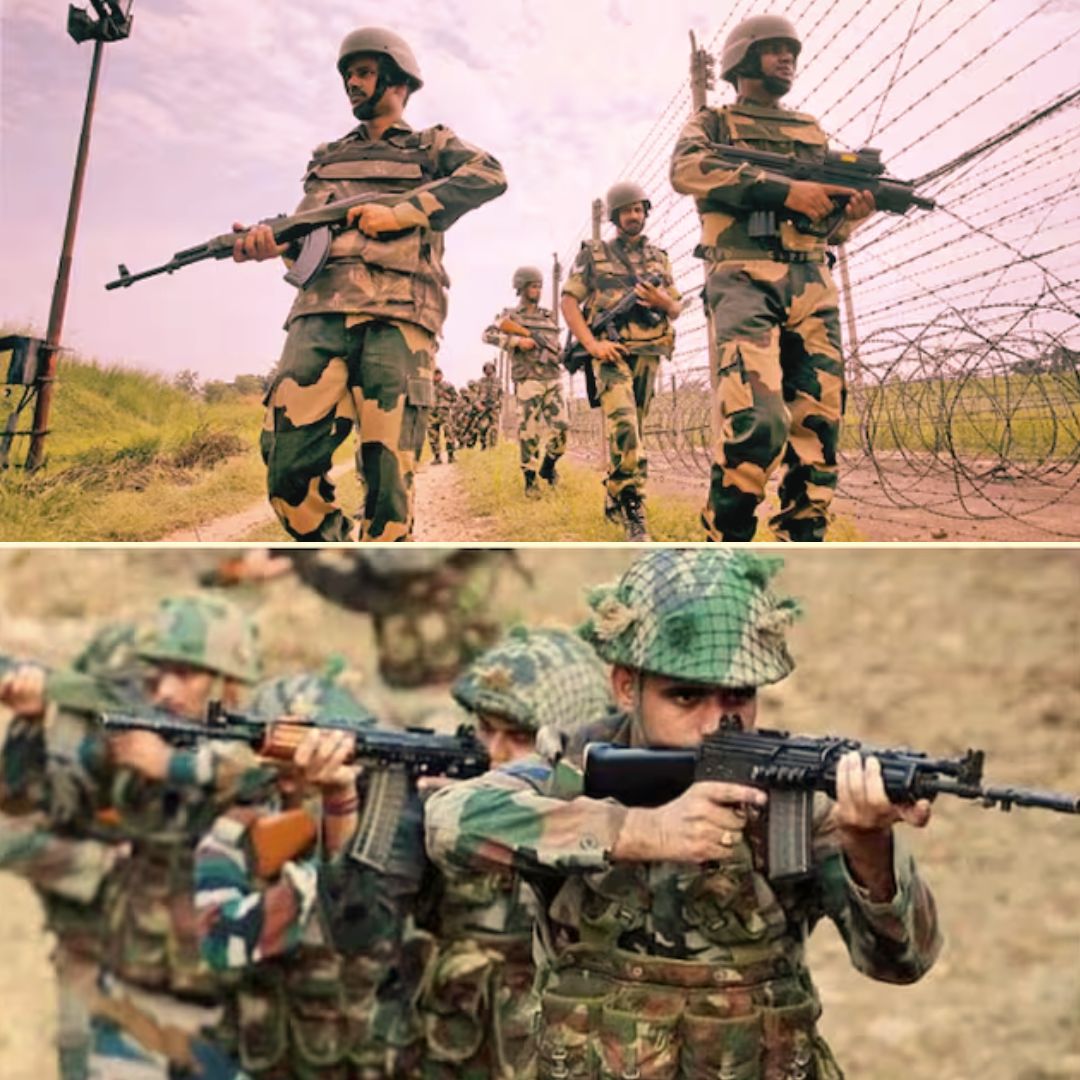The Ministry of Home Affairs (MHA) has mandated large-scale civil defence mock drills across 244 districts in India on May 7, 2025, following the deadly Pahalgam terror attack that claimed 26 lives and escalated tensions with Pakistan.
The drills-featuring air raid warning sirens, blackout simulations, evacuation rehearsals, and civilian training-aim to bolster public preparedness in the event of a hostile attack. Officials stress these exercises are precautionary, not indicative of imminent conflict, and are intended to reassure the public and strengthen emergency response mechanisms.
Massive Civil Defence Drill Mobilises Communities Nationwide
In an unprecedented move, the MHA has directed state governments and district administrations to operationalise air raid warning systems, conduct crash blackout drills, and rehearse evacuation plans. The drills will involve not only civil defence personnel and local authorities but also schools, colleges, and community groups.
Civilians-including students-will receive training on basic survival skills, first aid, and safe sheltering practices. Mock scenarios will test the readiness of hospitals, emergency services, and municipal bodies. “These drills are part of our ongoing commitment to public safety and preparedness.
We urge citizens to participate actively and not to panic,” said a senior MHA official in a statement to the press. The ministry has also asked for real-time feedback and post-drill reports to identify gaps and improve future responses.
Pahalgam Attack Spurs Diplomatic and Security Fallout
The decision to conduct these drills comes in the aftermath of the April 22 terror attack in Pahalgam, Jammu and Kashmir, where militants targeted a bus carrying tourists, resulting in 26 fatalities and dozens injured. Indian authorities have blamed Pakistan-based groups for orchestrating the attack, leading to a swift and severe diplomatic response.
India has suspended the Indus Waters Treaty, revoked visas for Pakistani nationals, and imposed a ban on imports from Pakistan. Both countries have expelled diplomats and closed airspace to each other’s flights.
Meanwhile, ceasefire violations have increased along the Line of Control, and Pakistan has responded with missile tests and warnings over water disputes. The United Nations and several global powers have called for restraint, urging both sides to avoid further escalation and prioritise dialogue.
The Logical Indian’s Perspective
The Logical Indian recognises the importance of civil defence and preparedness in safeguarding lives during uncertain times. However, we firmly believe that true security can only be achieved through peace, empathy, and sustained dialogue.
These drills, while necessary, are a sobering reminder of the human cost of conflict and the urgent need for de-escalation. As communities come together to practise emergency protocols, let us also unite in our call for harmony and understanding.
How can each of us-citizens, leaders, and neighbours-play a role in building trust and fostering lasting peace between nations? We invite you to share your thoughts, experiences, and hopes for a safer, more compassionate future.












